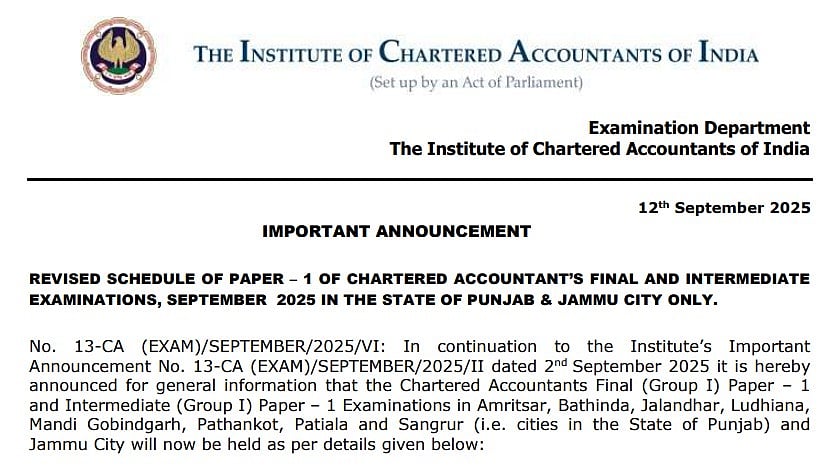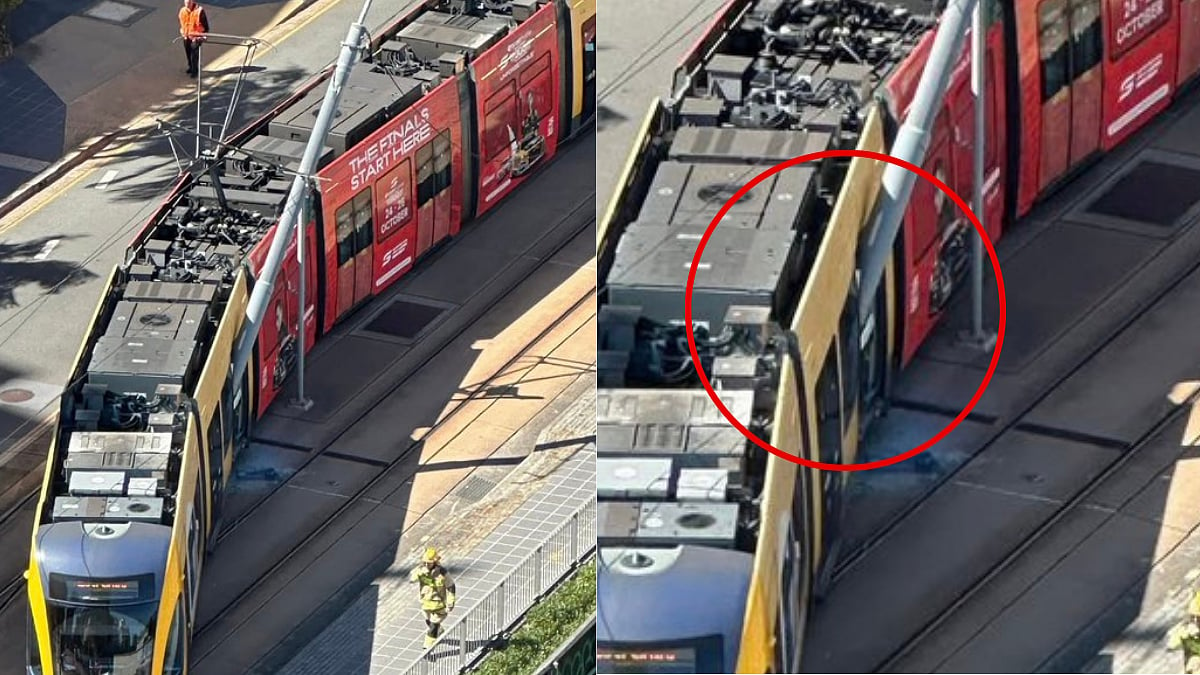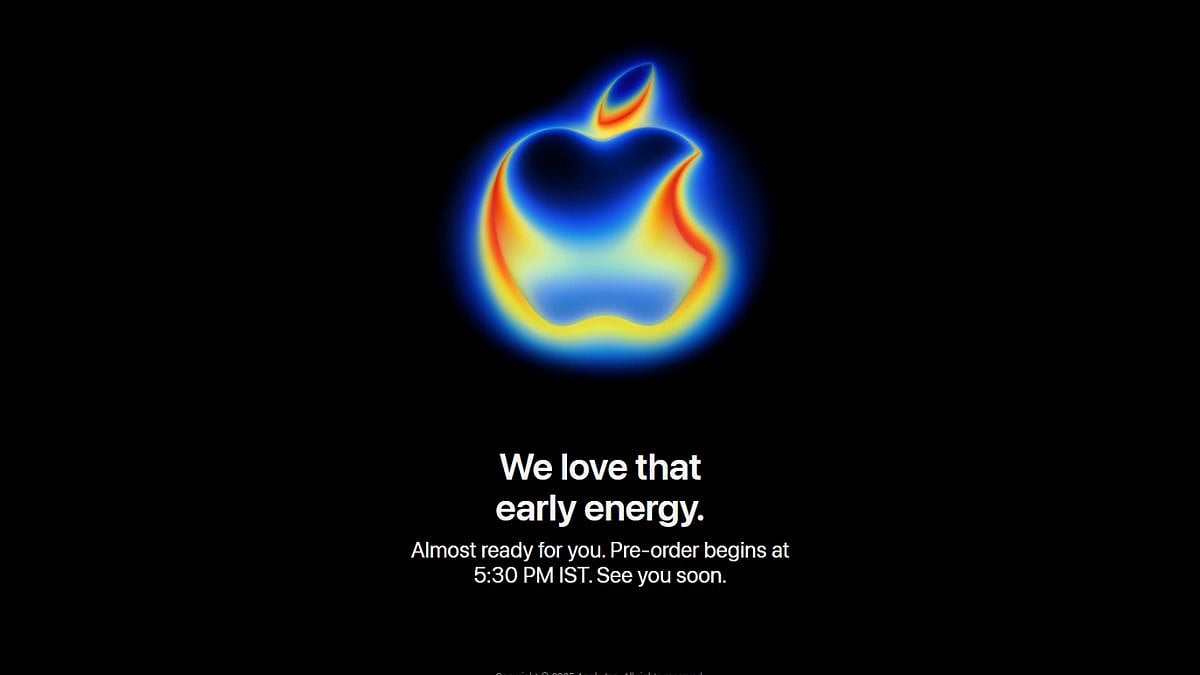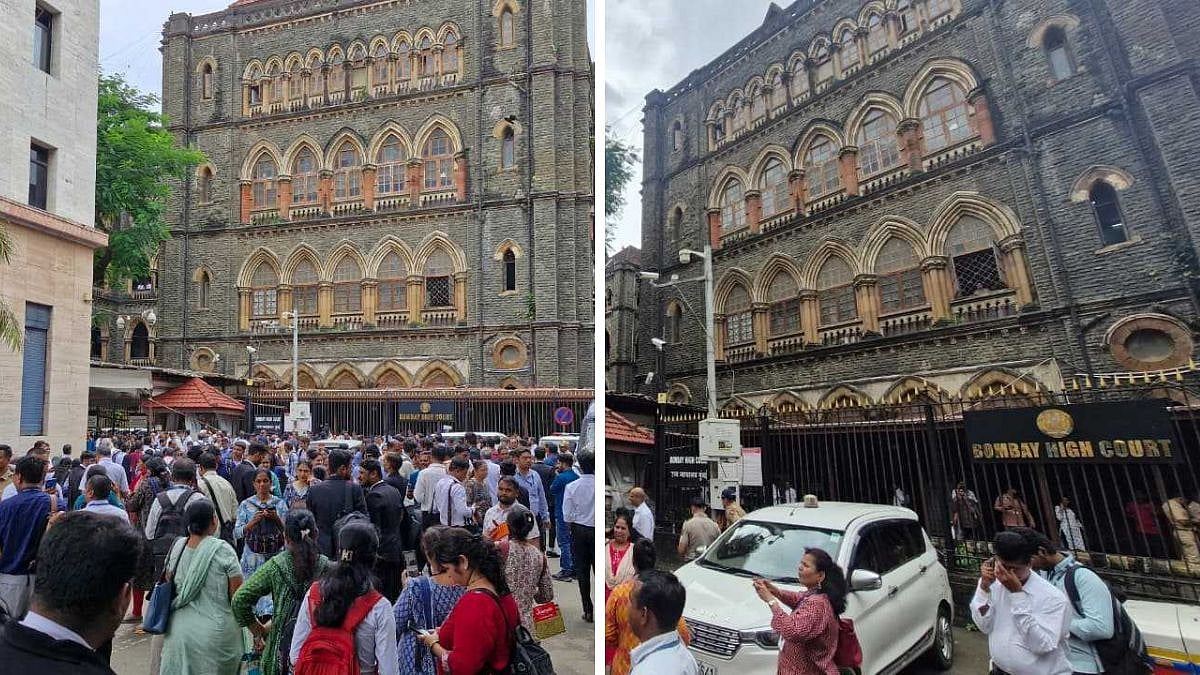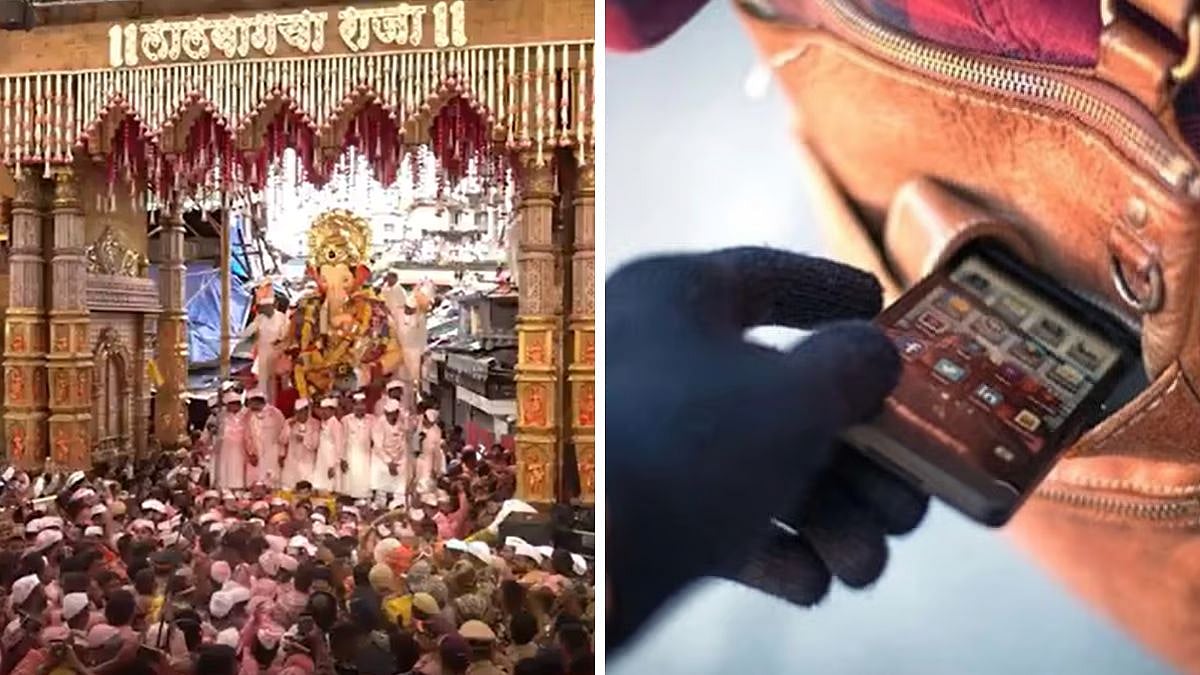Mumbai: Mumbai’s J.J. Hospital largest government-run medical college and hospital with 1,352 beds, is grappling with persistent issues that continue to impact thousands of patients daily. Despite handling an overwhelming 4,500 to 5,000 OPD cases each day, delays in infrastructure upgrades and operational inefficiencies are worsening the burden on both patients and staff.
Alleged Nexus Between Private Agents and Hospital Staff
Concerns are growing over suspected collusion between private pathology lab agents and hospital staff, allegedly steering poor patients away from the hospital’s in-house diagnostic facilities. Social activist Shuaib Khatib has raised concerns about senior doctors reportedly failing to report on time, resulting in patients being left waiting for hours.

A resident doctor from Sir J.J. Hospital, speaking on the condition of anonymity, claimed that a large number of private lab collection agents regularly loiter near the hospital’s medical store area. These agents, he said, target family members of patients holding test slips, often persuading them to take their cases to external diagnostic labs. The doctor suggested that a nexus may exist between these agents and some hospital staff, allowing such practices to continue unchecked.
The issue was formally acknowledged by the hospital administration. In a circular issued on June 18, 2025, the Dean of Sir J.J. Hospital directed all department heads to strictly implement a “No Prescription Policy”, instructing them to stop referring patients to outside labs for tests and ensure all necessary investigations are carried out within the hospital itself.
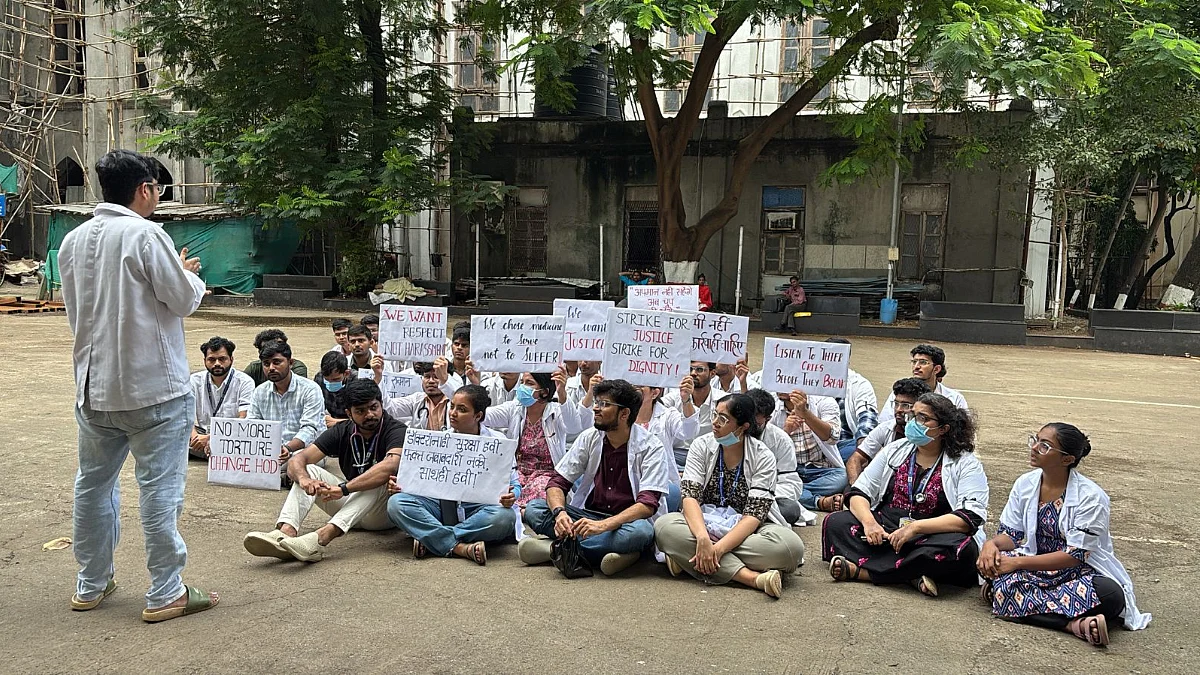
MRI Delays Due to Aging Equipment and Limited Staff
Alongside the alleged corruption, diagnostic delays remain a serious challenge, especially when it comes to MRI scans. Patients at J.J. Hospital currently face a wait time of nearly one month for an MRI, though this is still shorter compared to BMC-run hospitals.
According to hospital officials, J.J. has two MRI machines, but one of them, a Siemens Tesla MRI installed in 2013–14, is over 13 years old and frequently breaks down. With 10% annual depreciation, the machine has exceeded its functional life, yet continues to operate due to a lack of alternatives.
“One MRI scan takes about an hour. With our limited machines and staff, we can only perform a fixed number of scans each day. If we get an additional machine, the waiting time can be reduced to just 15 days,” said Dr. Bhandarwar. He added that he has already submitted a proposal for a new MRI machine, which is expected to receive approval in the next two to three months. “We have no space constraints. Once the new machine arrives, the backlog will ease significantly,” he said.

